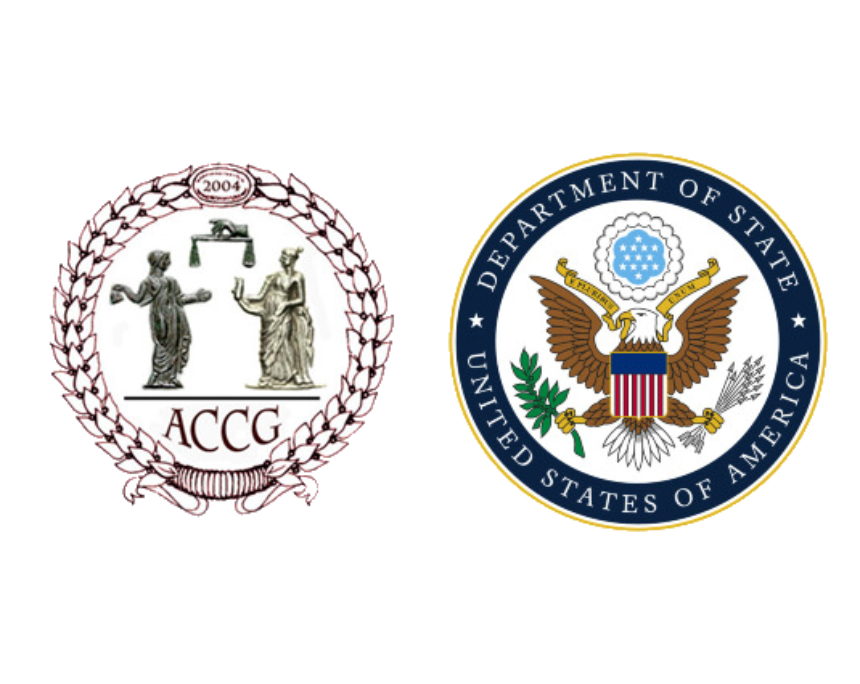ACCG Requests Information About Closed Roundtable Regarding Extra-Legal MOU With Yemen
The Ancient Coin Collector’s Guild (ACCG) has submitted a Freedom of Information (FOIA) request to the US State Department seeking information about a “closed roundtable” with State Department officials (including Assistant Secretary, Educational and Cultural Affairs, Lee Satterfield, the decision maker for cultural property MOUs), representatives of archaeological advocacy groups, law enforcement, and officials of a Saudi-supported faction in Yemen’s ongoing civil war.
The roundtable was set up by the Antiquities Coalition, a mysteriously well-funded archaeological advocacy group which has described itself as a “partner” of both the State Department and several authoritarian Middle Eastern governments, including that of a Saudi-supported faction in Yemen, which only controls a limited part of the country.
Immediately following the roundtable, Satterfield signed an MOU with that government, which was then announced on social media by the Antiquities Coalition. Representatives of collectors and of the Jewish diaspora from Yemen and other Middle Eastern countries have criticized the MOU for being completed without input from the Cultural Property Advisory Committee or the opportunity for public comment. The MOU substituted regular import restrictions on Yemeni cultural goods for an emergency action taken in 2020. Those emergency import restrictions were ordered after the public was given only two weeks to comment on the proposal. Despite the short time frame afforded for public comment, the proposal received considerable opposition, including negative press reports. Presumably, despite statutory requirements, the State Department and its “partners” wanted to avoid similar negative publicity before an agreement was completed so it was instead presented as a “fait accompli.”
ACCG condemns this effort to stifle debate by excluding impacted American interest groups from government decision making. This decision follows other agreements or emergency actions with authoritarian governments like China (2009 MOU), Egypt (2016 MOU), Libya (2017, emergency action, 2018 MOU), Algeria (2019 MOU), Jordan (2020 MOU), Turkey (2021 MOU), Afghanistan (2022 emergency action), Uzbekistan (2023 MOU), and Pakistan (2024 MOU) also engineered with the help of the Antiquities Coalition and other archaeological advocacy groups. ACCG calls for a Congressional inquiry into such “partnerships” between the State Department’s Bureau of Cultural Affairs and its Cultural Heritage Center and archaeological advocacy groups with ties to such regimes.








